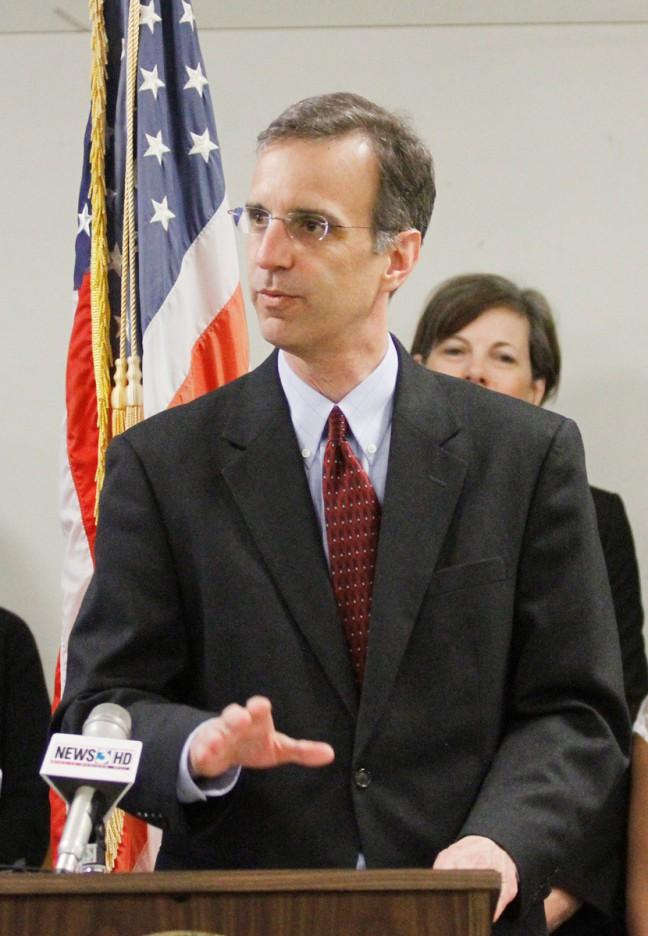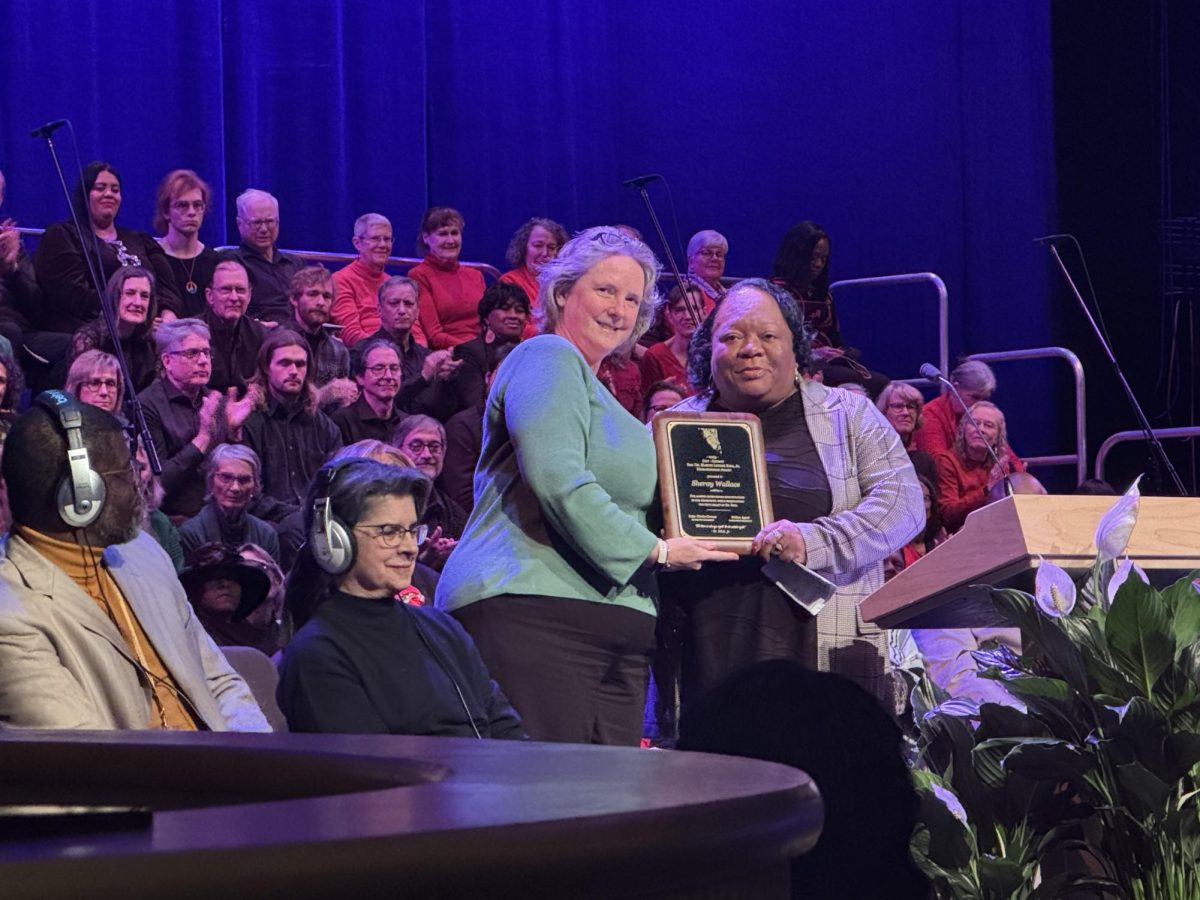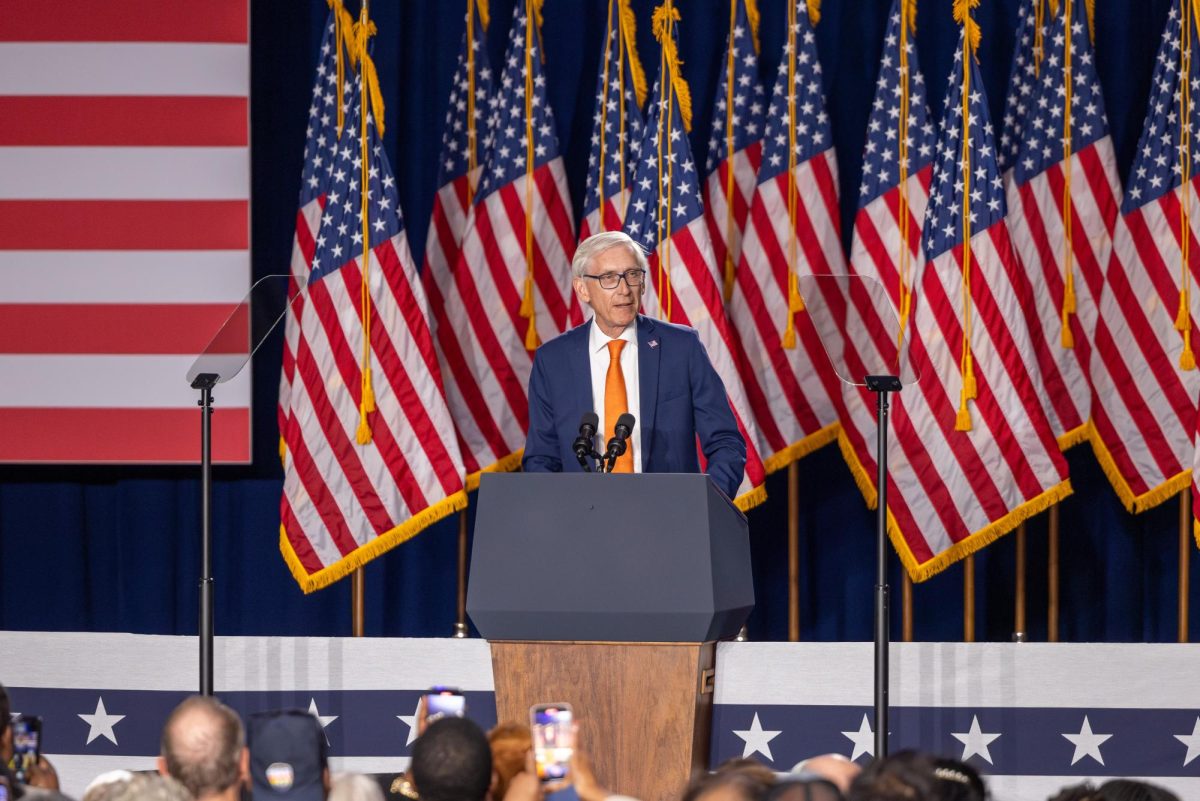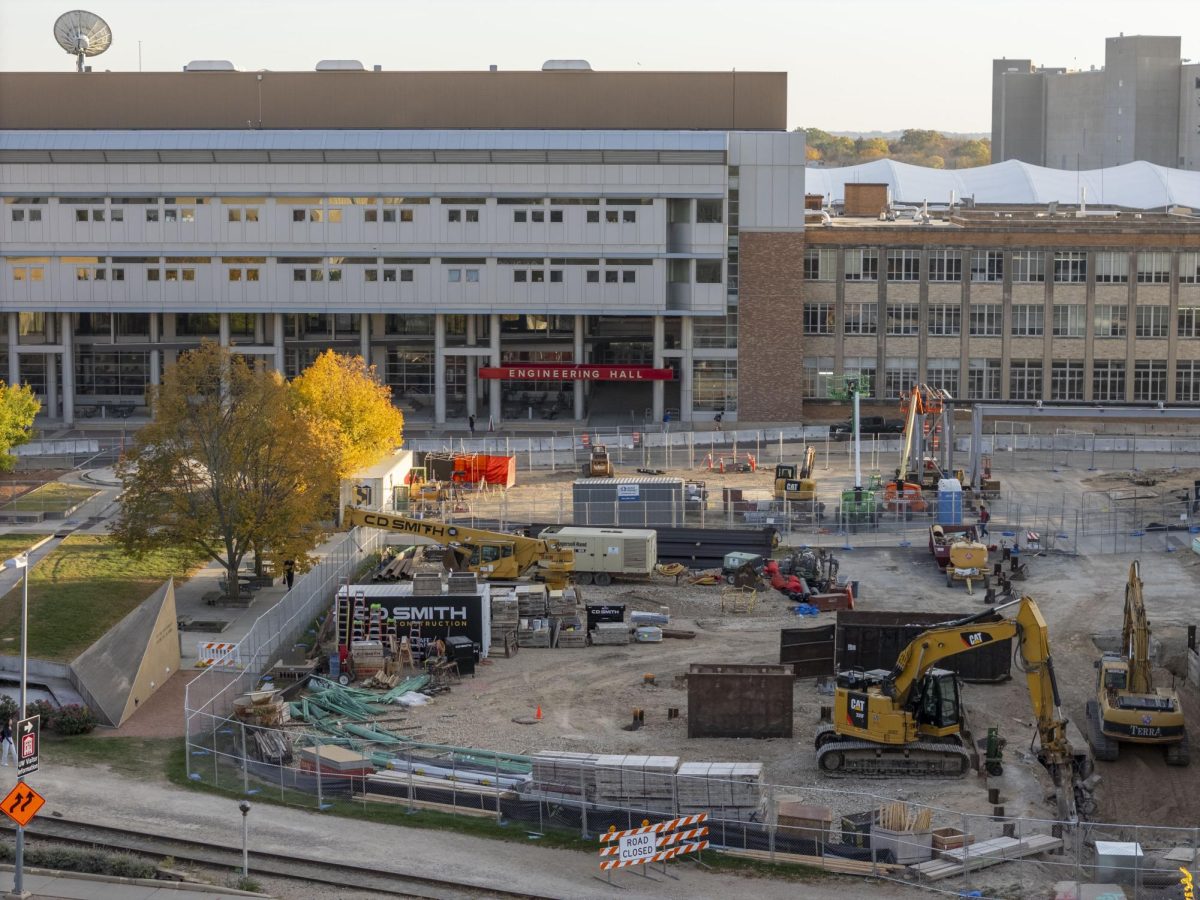Dane County Executive Joe Parisi announced the 2023 budget plan Monday, describing the county’s financial plan to support Madison in the wake of the COVID-19 pandemic.
The budget focuses on progressive investments in Dane County residents’ quality of life paired with visionary approaches to confronting challenges, according the budget memo.
“There is a continuing but growing focus on basic human needs,” Parisi said. “Coming out of the pandemic we had hoped that things would [continue] to get better for people, and on many levels, they are. But at the same time because of supply chain issues and the inflation that has followed, a lot of people are struggling as much or even more than during the pandemic.”
The memo states COVID-19 caused Dane County’s finances to fall into negatives. With finances back on the upturn, the needs of the county may now be better met.
The budget will allocate $6 million to Second Harvest Foodbank of South Central Wisconsin and $1.5 million toward helping Madison’s The River Food Pantry build a new facility. An additional $1 million will go to Domestic Abuse Intervention Services (DAIS) to expand their service capacity and outreach.
The memo outlined climate change plans, which it said will set Dane County up to be the first in the state to achieve 100% renewable energy. The county saved $300,000 in fuel costs by investing in renewable natural gas vehicles. By continuing its conservation plans, the memo said the county can achieve carbon neutrality.
Within the civil sector, Parisi allotted additional staff toward the Dane County Veterans Service Office, which has helped Dane County veterans and their families obtain about $87 million in services over the past years, according to the memo.
The budget also includes an apprenticeship agreement with the Latino Workforce Academy and the Urban League within the County Highway Department.
Parisi said taking on the consequences of systemic racism by supporting communities of color is a large part of the budget plan.
“There are a number of initiatives working with communities of color throughout the budget,” Parisi said.
Additionally, Parisi said one of the plan’s goals is to put 911 calling centers in underserved areas.
Parisi closed the memo with a reminder that the COVID-19 pandemic is not entirely over and there may be future surges that could lead to recession.













